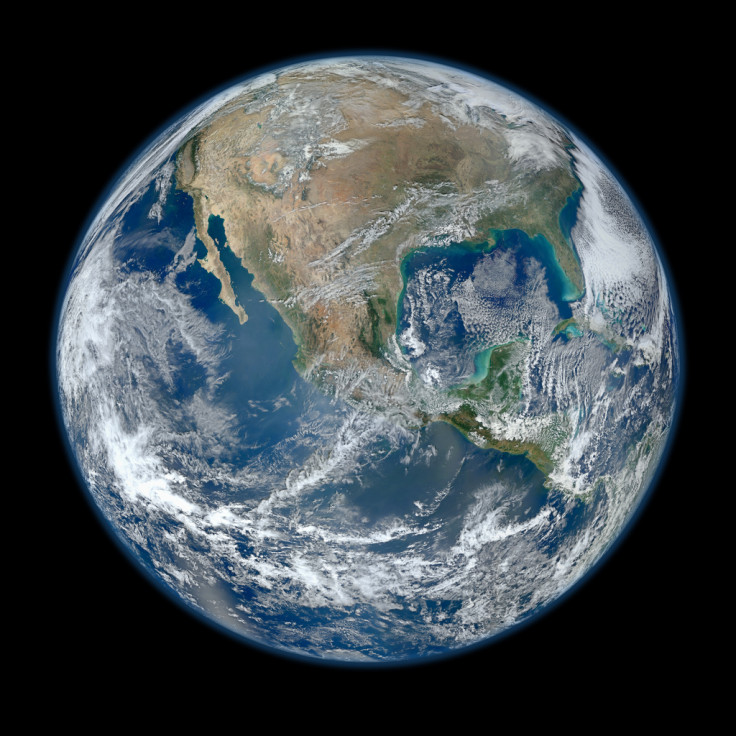Nasa Study: 'Collapse of Modern Civilisation is Near'

The modern civilisation driven by industrialisation could collapse in just a few decades, a new study funded by Nasa's Goddard Space Flight Center says.
The study, to be published in the journal Elsevier, compares historical data from the collapse of several progressive and prosperous civilisations since ancient times - and found that even the most advanced societies are vulnerable to collapse.
"The fall of the Roman Empire, and the equally [if not more] advanced Han, Mauryan, and Gupta Empires, as well as so many advanced Mesopotamian Empires, are all testimony to the fact that advanced, sophisticated, complex, and creative civilizations can be both fragile and impermanent," study leader Safa Motesharri said, according to the Guardian.
The researchers say the collapse of modern civilisation will happen due to unsustainable resource exploitation and increasingly unequal wealth distribution.
These phenomena, he says, have led to the collapse of many complex civilisations over the last 5,000 years.
Regarding modern society, the study suggested that our civilisation could be imperilled by problems relating to population, climate, water, agriculture and energy.
The study further stresses the wide rich-poor divide leading to overconsumption of resources, largely by industrialised nations, would also be highly responsible.
"Accumulated surplus is not evenly distributed throughout society, but rather has been controlled by an elite," the researchers said.
"The mass of the population, while producing the wealth, is only allocated a small portion of it by elites, usually at or just above subsistence levels."
"Even using an optimal depletion rate and starting with a very small number of Elites, the Elites eventually consume too much, resulting in a famine among Commoners that eventually causes the collapse of society."
According to the study, while a collapse seems difficult to avoid, control over population growth, less dependence on non-renewable resources and equal distribution of the resources could avert any disaster.
"Collapse can be avoided and population can reach equilibrium if the per capita rate of depletion of nature is reduced to a sustainable level, and if resources are distributed in a reasonably equitable fashion," the researchers concluded.
© Copyright IBTimes 2025. All rights reserved.





















